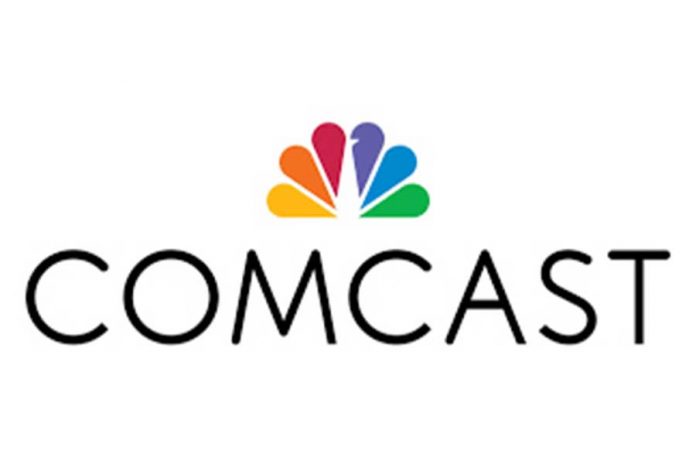Comcast Corp. asked a federal judge this week to dismiss the lawsuit of Klayton Fennell, an openly-gay employee who alleges a hostile work environment at the media giant caused him to be passed over for promotions, subjected to antigay slurs, denied equal pay and pressured to leave the Philadelphia headquarters.
Fennell’s 45-page federal lawsuit was filed Oct. 14 in U.S. District Court for the Eastern District of Pennsylvania. On Dec. 16, Comcast filed an 18-page answer, denying Fennell’s allegations of discrimination and asking U.S. District Judge Michael M. Baylson to dismiss the case as meritless.
In its filing, Comcast acknowledges that Fennell and a co-worker were asked to get along better and that Fennell’s request for a different job title was denied in 2013. Fennell’s current title is senior vice president of government affairs. Comcast also acknowledges that a coworker compared Fennell’s hairstyle to that of figure skater Johnny Weir.
But the filing emphasizes that Comcast never discriminated against Fennell due to his sexual orientation or any other protected trait. “[At] no time during [Fennell’s] long and ongoing career at Comcast has he been discriminated against or been the subject of wrongful treatment. Comcast has a longstanding commitment to the LGBTQ community and has been widely recognized for its inclusive culture,” the filing asserts.
The filing also notes that Fennell has advanced at Comcast throughout the years. “[Fennell] has worked at Comcast for more than 18 years,” the filing states. “The company has promoted [Fennell] five times (twice in 2002, and in 2006, 2011, and 2015), including his promotion to senior vice president more than four years ago, one of the highest executive positions in Comcast Cable. In a company of approximately 87,000 employees, there are currently 166 senior vice presidents, including [Fennell]. Comcast has supported [Fennell] for many years and provided a platform for him to have a positive influence on LGBTQ initiatives both inside the company and in the
communities that Comcast serves.”
Additionally, the filing reiterates that Comcast never mistreated Fennell. “Defendants deny any discrimination or retaliation against [Fennell] based upon any protected trait or characteristic, including [Fennell’s] sexual orientation or gender, and maintain that [Fennell] has been — and continues to be — treated fairly by Comcast.”
The filing concludes by stating that “Comcast requests that judgment be entered in its favor and against [Fennell] with respect to each claim in the complaint, that the complaint be dismissed in its entirety with prejudice, and that Comcast be awarded reasonable costs, expenses and attorneys’ fees, and such other relief as the court may deem just and proper.”
Fennell’s lawsuit alleges that throughout his career, he received unequal pay and benefits due to antigay bias and gender stereotyping. Fennel complained about the alleged mistreatment on multiple occasions, to no avail. Instead, he was pressured to act more masculine, rather than “flamboyant,” according to the lawsuit.
When Fennell asked to be paid commensurate with his heterosexual, gender-conforming senior vice president peers, a human relations manager told him that Comcast’s senior leaders viewed him as “high pitched,” which wasn’t conducive to a pay raise, according to the lawsuit.
In 2018, Fennell filed an antibias complaint with the Philadelphia Commission on Human Relations but alleges that he was retaliated against for doing so by being excluded from key employee meetings, given an increased workload and pressured to transfer out of the Philadelphia headquarters, according to the lawsuit.
In September 2019, Fennell was subjected to increased criticism regarding his management style and subsequently took a medical leave of absence, according to the lawsuit.
The lawsuit seeks an unspecified amount in damages along with reasonable attorneys’ fees.
Fennell couldn’t be reached for comment. A spokesperson for Comcast referred a reporter to an earlier statement issued by Comcast when Fennell’s lawsuit was filed. That statement maintains that Comcast never mistreated Fennell and that Comcast has supported his LGBTQ initiatives for many years.
